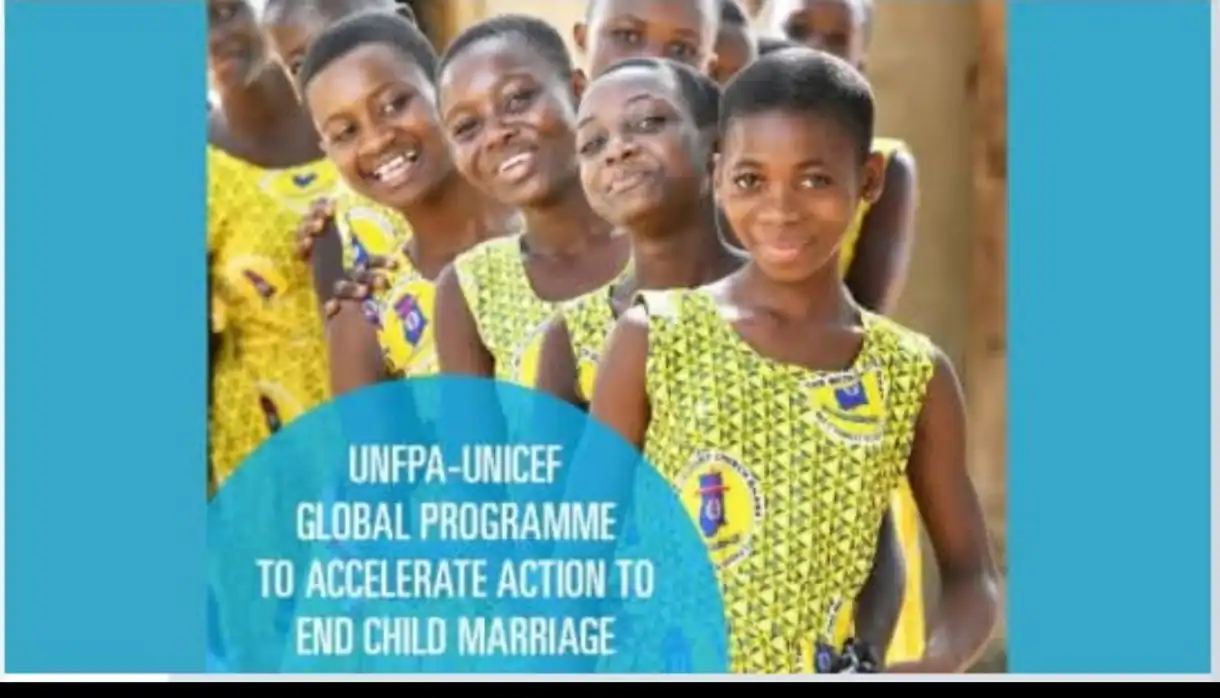Zambia: Government of Zambia has launched the Global Programme on Ending Child Marriages (GPECM) in Petauke District. The programme which has been launched in the Eastern Province of Zambia has a number of supporting partners.
Child marriages are a cause of frustration among several communities across the nation. The parents from backward and rural backgrounds often send their daughters into early marriages/Child Marriages.
These acts are hateful for the overall growth of the child in question and may even lead to long term physical, emotional and psychological consequences. The local, nationals and international partners have taken it upon themselves to educate community members.
The programme, Co -funded by the United Nations Children’s Fund (UNICEF) and the United Nations Population Fund ( UNFPA) , aims to combat child marriage and teen pregnancy within the district.
Traditional leaders overseeing clusters of villages are also engaged in informing and educating the people. Several traditional leaders across Zambia have partnered with UNICEF to scourge their communities of this vice.
As per the statistics, Petauke District is one of the districts with high prevalence of teen pregnancies prompting a number of organisations to scale-up their fight against the scourge in the area.
Speaking during an inception meeting with various stakeholders, UNICEF Zambia Child Protection Specialist Bernard Kiura said the intention of his institution and that of the UNFPA was to supplement government’s efforts towards ending child marriages and achieving the vision 2030.
“The GPECM is a UNICEF/UNFPA program that supports governments to combat child, marriage . We bring in the technical expertise.
And representing the Disease Surveillance Officer (DSO) Hanschel Kayeka, Director of Health Services in the area Hellen Nyangu highlighted some statistics that painted a grim picture of the district as regards the vices.
“We have a number of teen pregnancies that are happening and as of quarter one 2025, we stand at 28 percent meaning that all the pregnancies that we have recorded as a district; 28 percent are teens so these are young girls that have fallen pregnant,” Nyangu explained.

